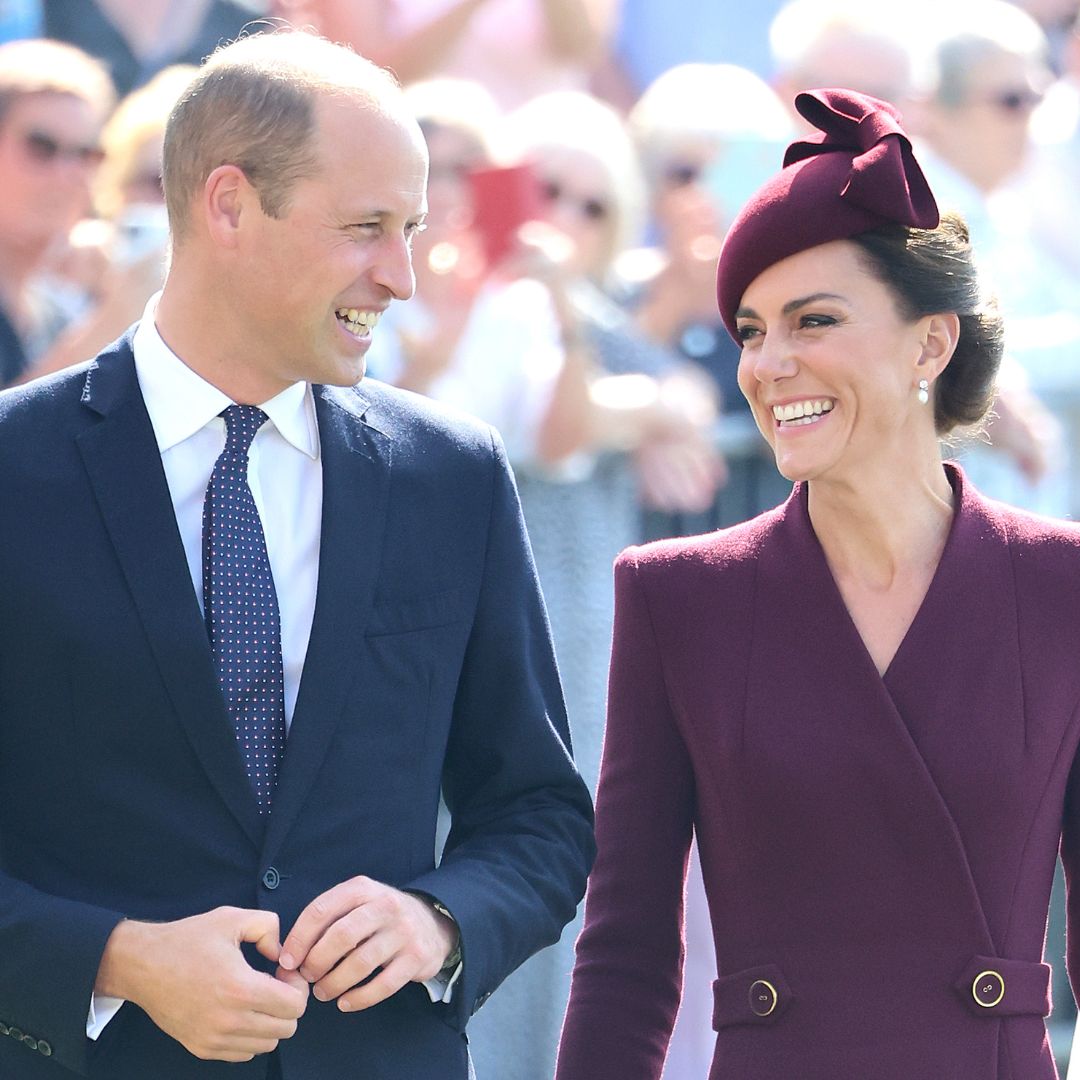Women are just as likely to ask for pay rises as men - but we're 25% less likely to be given them
We organise horrible meetings with HR and come up with complicated calculations to reflect our financial worth - but managers and CEOs are still saying no

We organise horrible meetings with HR and come up with complicated calculations to reflect our financial worth - but managers and CEOs are still saying no
It's an age-old theory surrounding the pay gap: That women don't get pay rises as frequently as men, because we don't ask for them in the first place. We're too 'insecure in our abilities', we're told. We don't like 'putting ourselves out there'. We're 'conditioned to feel scared of rejection'.
But now a new study has revealed that none of that actually stands up. In fact, most of us are so secure in our abilities - and so happy to put ourselves out there - that we're asking for pay rises just as often as men are.
Only, our managers are still 25 per cent more likely to say no.
The amazing piece of research, which was commissioned by the universities of Warwick and Winsconsin, analysed 4,600 workers in Australia (the only country where employers are required to keep a record of whether pay rises were initiated by the company or asked for by the employees themselves) - and found 'no support' for theory that women were too 'reticent' to ask for more money.
Comparing part-time female employees with part-time male employees, and comparing full-time female employees with full-time male employees, the study was also able to take the flexible-working-hours argument out of the equation.
'The fact that women don't ask for pay rises as often as men is a popular theory,' explains Professor Andrew Oswald, of the University of Warwick. 'It's a very common thing for women to say and believe, but all of the evidence is anecdotal, so it's very hard scientifically to do a proper test of this.'
Marie Claire Newsletter
Celebrity news, beauty, fashion advice, and fascinating features, delivered straight to your inbox!
'Having seen these findings, I think we have to accept that there is some element of pure discrimination against women,' he added.
'It could be that Australia is odd. But it's a modern industrial economy halfway in character between Britain and the US, so I think that's unlikely.' As a small positive (look, we're trying, OK?) the study did find that things were improving among the younger generations. So progress might be being made.
It's just not happening anywhere near fast enough.
The leading destination for fashion, beauty, shopping and finger-on-the-pulse views on the latest issues. Marie Claire's travel content helps you delight in discovering new destinations around the globe, offering a unique – and sometimes unchartered – travel experience. From new hotel openings to the destinations tipped to take over our travel calendars, this iconic name has it covered.
-
 Spring has finally sprung - 6 best outdoor workouts that are totally free and boost both body and mind
Spring has finally sprung - 6 best outdoor workouts that are totally free and boost both body and mindSoak in the nature and boost Vitamin D *and* endorphins.
By Anna Bartter
-
 This iconic rose perfume is a compliment magnet—it makes me feel ‘put together’ after just one spritz
This iconic rose perfume is a compliment magnet—it makes me feel ‘put together’ after just one spritzGrown-up and elegant, yet not at all dated.
By Denise Primbet
-
 Prince William and Princess Kate's rare social media move is going viral
Prince William and Princess Kate's rare social media move is going viralBy Jenny Proudfoot